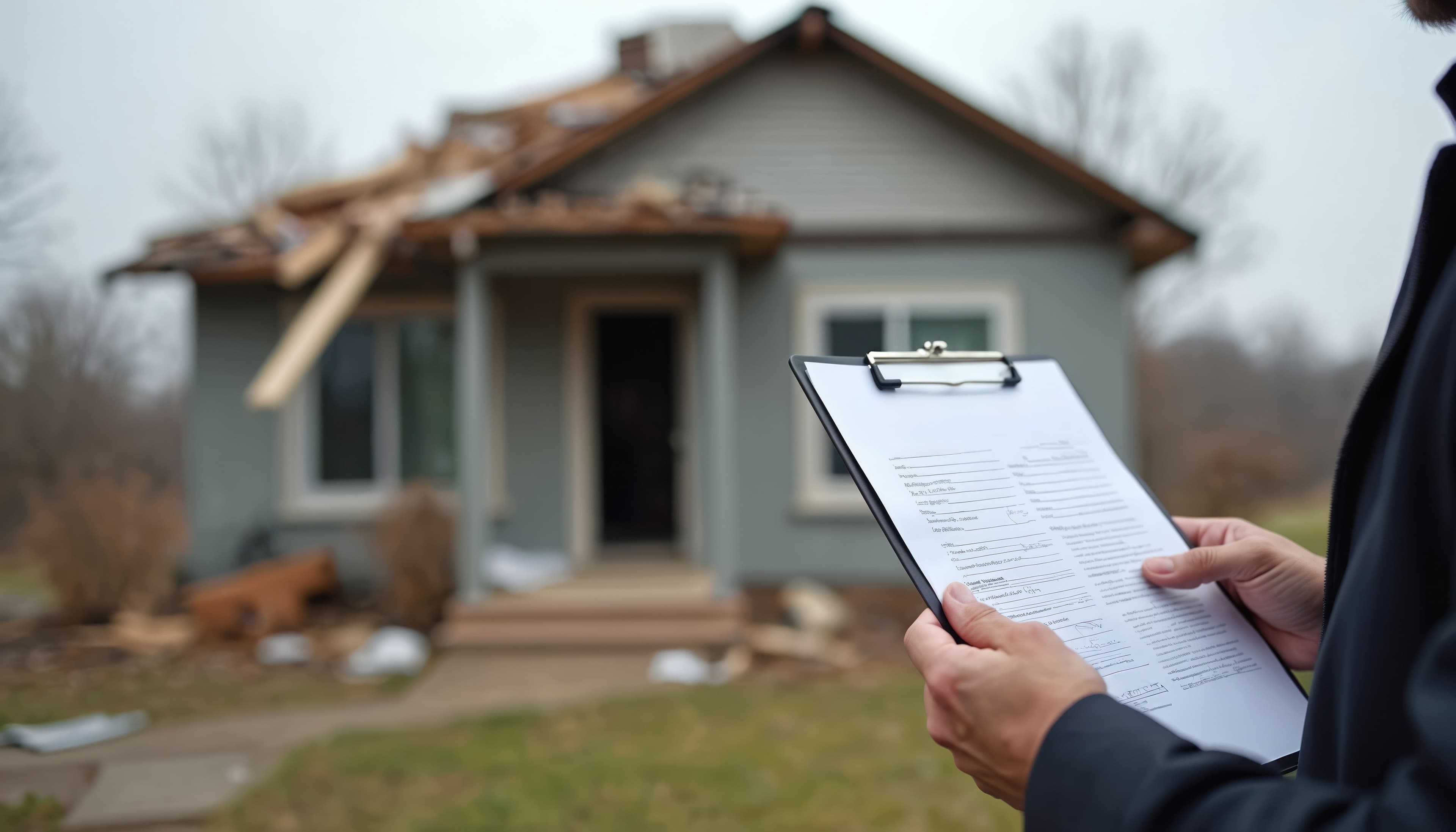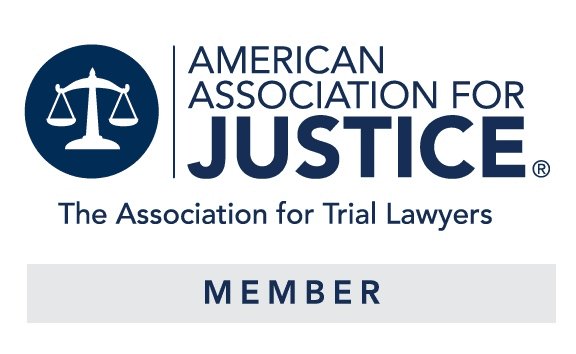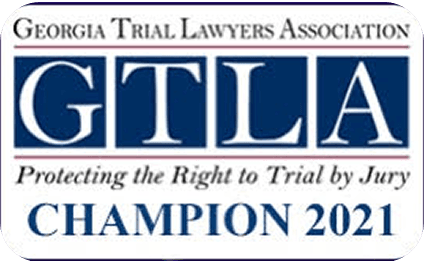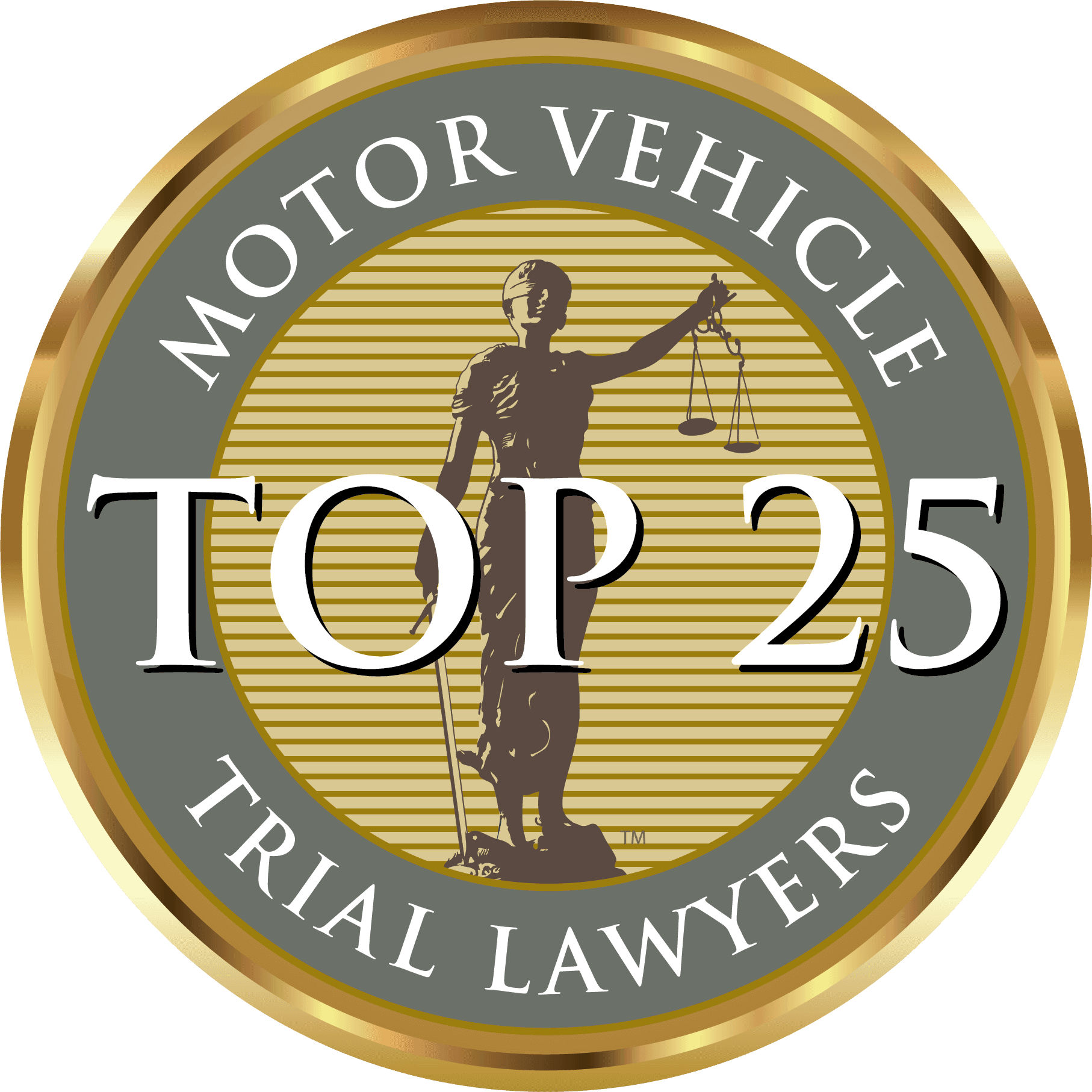
Property Damage
If someone damages your property through negligence or intentional misconduct, you may be entitled to financial compensation. Property damage claims in Georgia arise in a wide range of contexts, including auto accidents, construction incidents, and even product liability cases. In some situations, such as strict product liability, you might not even need to prove fault to win compensation.
Below, we break down the essentials of Georgia property damage claims, including deadlines, valuation methods, insurance insights, and when to involve an attorney.
Statute of Limitations for Property Damage in Georgia
Under Georgia law, you typically have four years from the date the property damage occurred to file a legal claim. This is twice as long as the statute of limitations for personal injury claims, which is two years.
Failing to file within the deadline will likely result in the dismissal of your claim, so consult an attorney at Lawson Personal Injury Attorneys to verify the correct filing timeline.
Common Types of Property in Damage Claims
The following types of property are frequently involved in damage disputes or litigation:
 Vehicles (cars, trucks, motorcycles, bicycles, boats)
Vehicles (cars, trucks, motorcycles, bicycles, boats)
 Personal electronics (phones, laptops)
Personal electronics (phones, laptops)
 Commercial equipment or machinery
Commercial equipment or machinery
 Real estate and structural components (homes, garages, HVAC systems)
Real estate and structural components (homes, garages, HVAC systems)
 Landscaping or fencing
Landscaping or fencing
 Jewelry and personal valuables
Jewelry and personal valuables
 Works of art
Works of art
 Business property or fixtures
Business property or fixtures
In some contexts, intellectual property may also be considered, although its valuation follows unique principles.
Methods for Valuing Property Damage
The method used to value your claim can significantly impact the compensation you receive. Here are several recognized valuation strategies:
 Actual Cash Value (ACV): The item’s current market value minus depreciation.
Actual Cash Value (ACV): The item’s current market value minus depreciation.
 Replacement Cost: The amount it would cost to replace the item with something similar, often used for vehicles and household items.
Replacement Cost: The amount it would cost to replace the item with something similar, often used for vehicles and household items.
 Repair Cost: Estimates the cost to fix the item rather than replace it. Common for car and home damage.
Repair Cost: Estimates the cost to fix the item rather than replace it. Common for car and home damage.
 Market Value: What a rational buyer would have paid just before the damage occurred. Useful for real estate or antiques.
Market Value: What a rational buyer would have paid just before the damage occurred. Useful for real estate or antiques.
 Functional Replacement Cost: Applies when a damaged item is obsolete or difficult to replace directly but can be functionally substituted.
Functional Replacement Cost: Applies when a damaged item is obsolete or difficult to replace directly but can be functionally substituted.
Choosing the right valuation method is critical, especially in negotiations with insurance adjusters.
Car Accident Property Damage Claims
Car accidents are among the most common sources of property damage claims due to:
 High vehicle value (especially late-model cars)
High vehicle value (especially late-model cars)
 Rapid depreciation
Rapid depreciation
 Insurance mandates under Georgia law
Insurance mandates under Georgia law
 Readily available evidence like traffic cams and police reports
Readily available evidence like traffic cams and police reports
Your auto insurance policy, the at-fault driver’s insurance, or even uninsured motorist coverage can help expedite the repair or replacement of your vehicle.
Navigating Insurance for Property Damage
Most property damage compensation comes from insurance policies. Common policy types include:
Auto Insurance:
 Liability Coverage: Covers property damage you cause to others.
Liability Coverage: Covers property damage you cause to others.
 Collision Coverage: Covers your own vehicle damage from crashes.
Collision Coverage: Covers your own vehicle damage from crashes.
 Comprehensive Coverage: Covers non-collision incidents like theft or natural disasters.
Comprehensive Coverage: Covers non-collision incidents like theft or natural disasters.
 Uninsured/Underinsured Motorist Coverage: Applies if the at-fault party lacks sufficient coverage.
Uninsured/Underinsured Motorist Coverage: Applies if the at-fault party lacks sufficient coverage.
Other Insurance Types:
 Homeowners Insurance: Covers dwelling, personal property, and liability for damage caused to others.
Homeowners Insurance: Covers dwelling, personal property, and liability for damage caused to others.
 Renters Insurance: Protects personal property inside leased premises.
Renters Insurance: Protects personal property inside leased premises.
 Business Insurance: Covers commercial property and operational losses.
Business Insurance: Covers commercial property and operational losses.
If the liable party’s policy doesn’t fully cover your losses, they may be personally liable—especially if they’re a business with sufficient assets.
Special Consideration: Intellectual Property Damage
Intellectual property claims involve unique challenges. Examples include:
 Software or code theft
Software or code theft
 Unauthorized use of copyrighted content
Unauthorized use of copyrighted content
 Trade secret misappropriation
Trade secret misappropriation
 Trademark or patent infringement
Trademark or patent infringement
Because intellectual property is intangible, its valuation often depends on factors like lost profits, licensing value, or market impact, and typically requires expert analysis.
When to Involve a Georgia Property Damage Lawyer
If your claim is relatively minor (e.g., a dented bumper), you might be able to resolve it without legal help. However, consider contacting a lawyer if:
 Your losses are significant or complex
Your losses are significant or complex
 The damage is part of a larger personal injury case
The damage is part of a larger personal injury case
 The insurance company is denying or undervaluing your claim
The insurance company is denying or undervaluing your claim
 You're unsure how to properly value your losses
You're unsure how to properly value your losses
At Lawson Personal Injury Attorneys, we help Georgia residents pursue the compensation they deserve, whether through negotiation or litigation.
Contact a Georgia Property Damage Attorney Today
Ready to explore your legal options? Contact the team at Lawson Personal Injury Attorneys for a free consultation. Call us at (678) 446-3655 to speak with an experienced Georgia personal injury lawyer who can assist with your property damage case. Let us help you protect your rights and restore what you've lost.
Georgia Personal Injury Lawyers
We focus exclusively on serious personal injury cases, including:
Assault Injuries
Bad Faith Insurance
Bicycle Accident
Brain Injury
Bus Accidents
Car Accidents
Catastrophic Injuries
Child Injuries
Construction Accidents
Dog Bites
If your life was disrupted by someone else's negligence, we're here to restore your power through the law.











